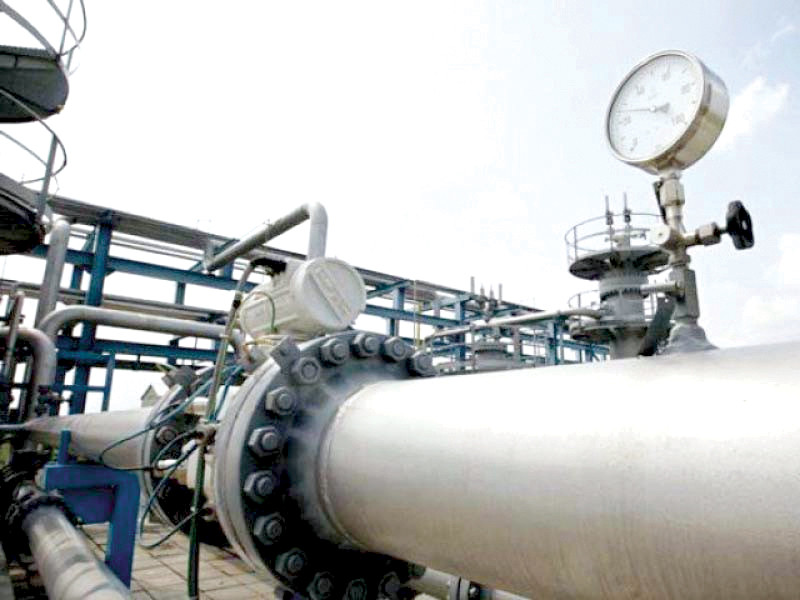
The federal government is going to face a blow on LNG pricing as the government of Sindh has decided to become a party in a case on weighted average cost bill that has been challenged in the Sindh High Court.
Recently, a private party challenged the weighted average cost of gas (Wacog) bill in the Sindh High Court.
The government of Sindh has decided to become a party in the case to oppose the bill strongly.
Both houses of parliament had passed a bill to implement Wacog to mix prices of indigenous and imported gas to create a level playing field for liquefied natural gas (LNG) imports.
At present, there is no Wacog for the commercial, industrial and power sector consumers.
However, the PTI (Pakistan Tehreek-e-Insaf) government diverted the imported liquefied natural gas (LNG) towards domestic consumers in the winter season that resulted in piling up of circular debt in gas sector.
Owing to the divergence, Sui Northern Gas Pipeline Limited (SNGPL) was not able to receive bills due to absence of any legal framework and subsequently, it did not pay the LNG importer - Pakistan State Oil (PSO).
SNGPL is due to receive over Rs100 billion from domestic consumers.
Resultantly, SNGPL became a top defaulter of PSO that has to pay around Rs268 billion to the latter.
Sindh Energy Minister Imtiaz Ahmed Shaikh told The Express Tribune that the federal government did not take provinces, even Sindh, in confidence and passed the Wacog bill overnight.
“We will become a party in the case and will appear at the court in the next hearing to oppose Wacog bill,” he said, adding that Sindh opposed the Wacog bill but the federal government did not take provinces into confidence.
Passing the bill was a surprise move, he said and regretted that the PTI government did not bother to talk on that issue with the stakeholders.
The minister said that all provinces, including Sindh, should be supplied with gas in line with their quotas.
Responding to a question, he said that provinces “make the federation and therefore, they should be given their due right”.
He further said that the PTI government had shattered the trust of the provinces “as they never took us on board regarding gas issues”.
The federal government has taken up the matter of renewable energy policy in the Council of Common Interests (CCI) that directed the energy minister to take provinces on board.
“We found a way to pass renewable energy bill after the federal government talked with the provinces,” he said, adding that the federal government should have taken the provinces into confidence on the Wacog issue as well.
However, “competitive bidding on renewable energy projects had not taken place for the past one and a half year,” he added.
“Provinces have the first right of use of gas under article 158 of the constitution,” he said.
“We are ready to talk but Prime Minister Imran Khan and Energy Minister Hammad Azhar are reluctant to discuss the Wacog issue,” he added.
“If judicial battle starts between provinces and the federal government, it will create more complications in import of LNG cargoes, whose prices have skyrocketed,” he cautioned.
“Punjab is a gas starved province and its CNG sector has been using imported gas for the last several years,” he mentioned.
Even other export-oriented sectors like textile and leather were receiving imported gas at discounted rates “that has put an additional burden on the national kitty”, he underlined. The government was already giving a Rs31 billion subsidy to the export-oriented sectors and the federal government would be giving an additional subsidy worth Rs41 billion to the export-oriented sectors, he added.
Published in The Express Tribune, March 27th, 2022.
Like Business on Facebook, follow @TribuneBiz on Twitter to stay informed and join in the conversation.


















COMMENTS
Comments are moderated and generally will be posted if they are on-topic and not abusive.
For more information, please see our Comments FAQ